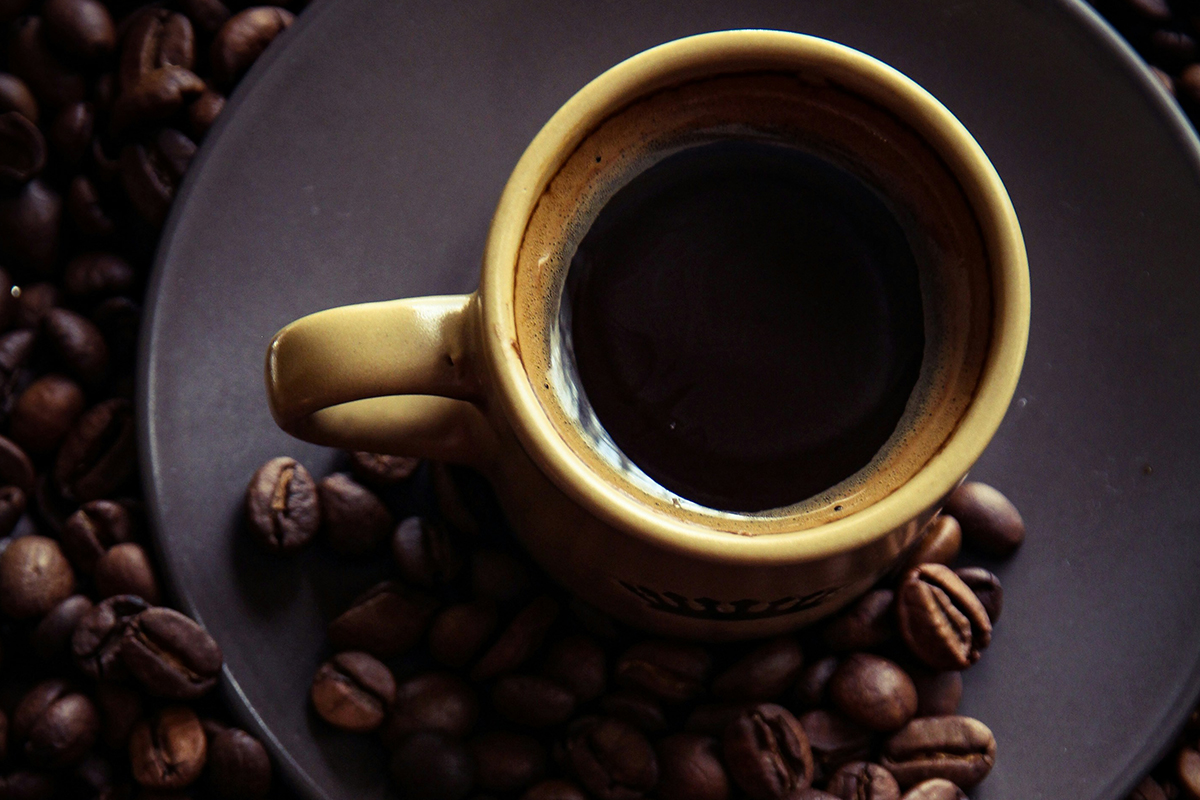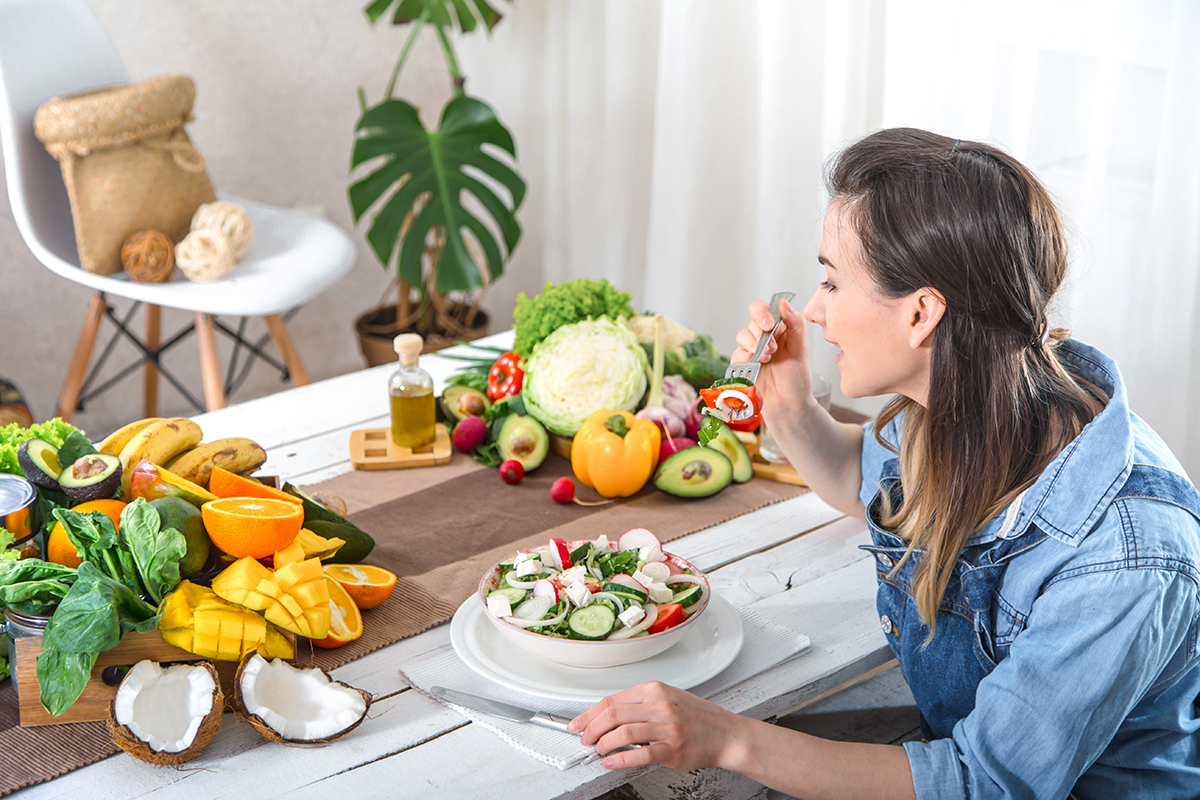What is the #1 vegetable for weight loss?
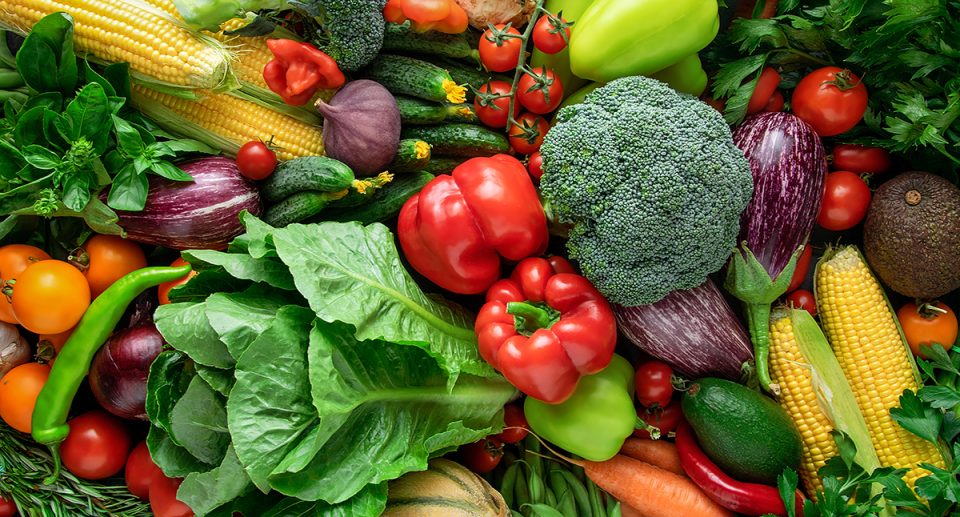
If you open TikTok, Instagram, or any other social media app at this moment, you’ll be inundated with endless advice on weight loss, including the newest fashionable diets, before-and-after success stories, and miraculous products.
Amidst all this information, it’s easy to overlook the fundamental principles, such as the timeless wisdom of consuming more vegetables and filling half your plate with non-starchy produce like greens and zucchini whenever possible. Though it may not sound glamorous, this simple approach yields effective results.
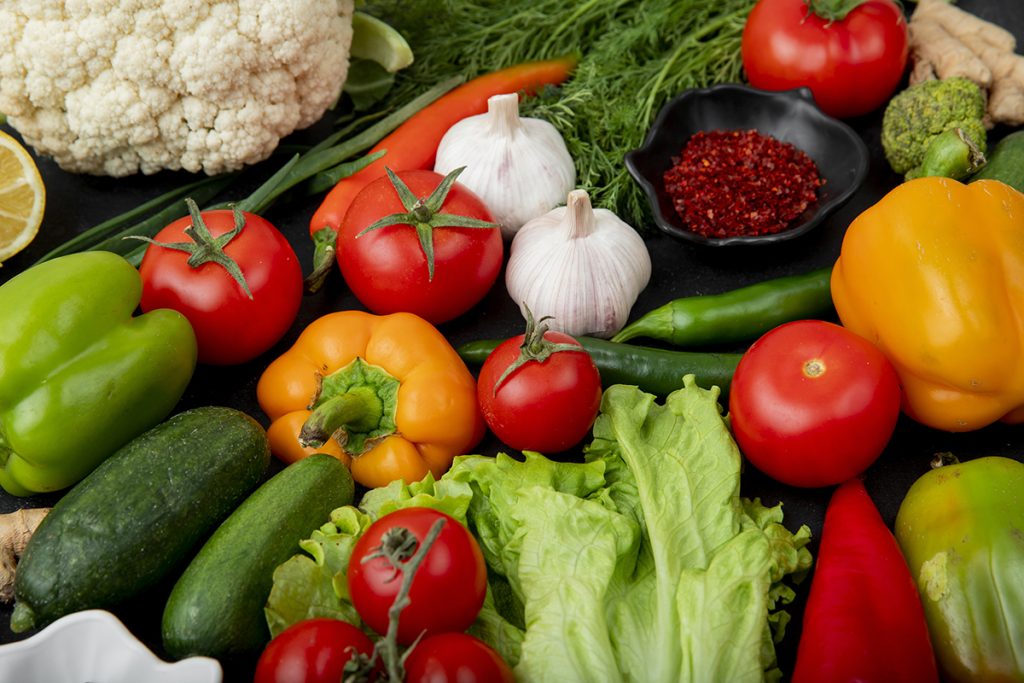
An excellent aid in weight loss
Including vegetables in your meals offers a way to add bulk without an excessive calorie intake, thanks to their high fiber content, making them an excellent aid in weight loss. Moreover, they are rich in vital nutrients and antioxidants, which play a significant role in reducing or managing various chronic conditions like heart disease, cancer, and diabetes.
Unfortunately, diet culture has ingrained the belief that shedding pounds necessitates deprivation and sacrificing enjoyable, wholesome foods, leading to an unsustainable eating pattern. Although diets may prove effective for short-term weight loss, studies reveal that most individuals struggle to maintain the results over time.
For instance, a meta-analysis published in BMJ in 2020 encompassing 121 clinical trials showed that the majority of diets assisted participants in losing weight during the initial six months and also improved certain health indicators, such as blood pressure, regardless of the specific diet followed. However, the weight loss tended to diminish by the one-year mark.
What does seem to be more effective for long-term success is implementing gradual and sustainable changes instead of attempting a complete dietary overhaul. According to the Medical Clinics of North America, simple adjustments like adding an extra serving of vegetables to your meals or substituting higher-calorie foods with produce are excellent examples of such small but sustainable changes that can aid in weight loss.
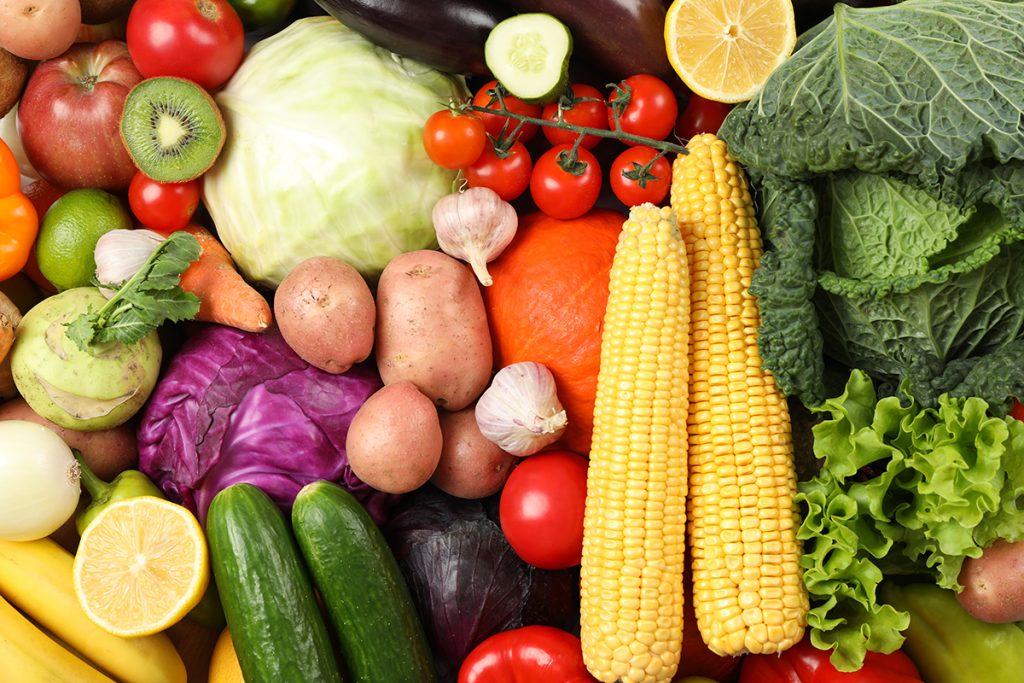
The ultimate choice for weight loss
You might be pondering whether there’s a single vegetable that stands out as the ultimate choice for weight loss.
Experienced dietitians, who have guided numerous clients in managing their weight, will affirm that the number one vegetable for weight loss is the one you enjoy eating. Consider this: To fully benefit from the nutritional value of vegetables, you must actually consume them. Each vegetable holds its own health benefits (yes, even starchy ones like potatoes), so there’s no need to delve into intricate details about which one might have a slight advantage over another.
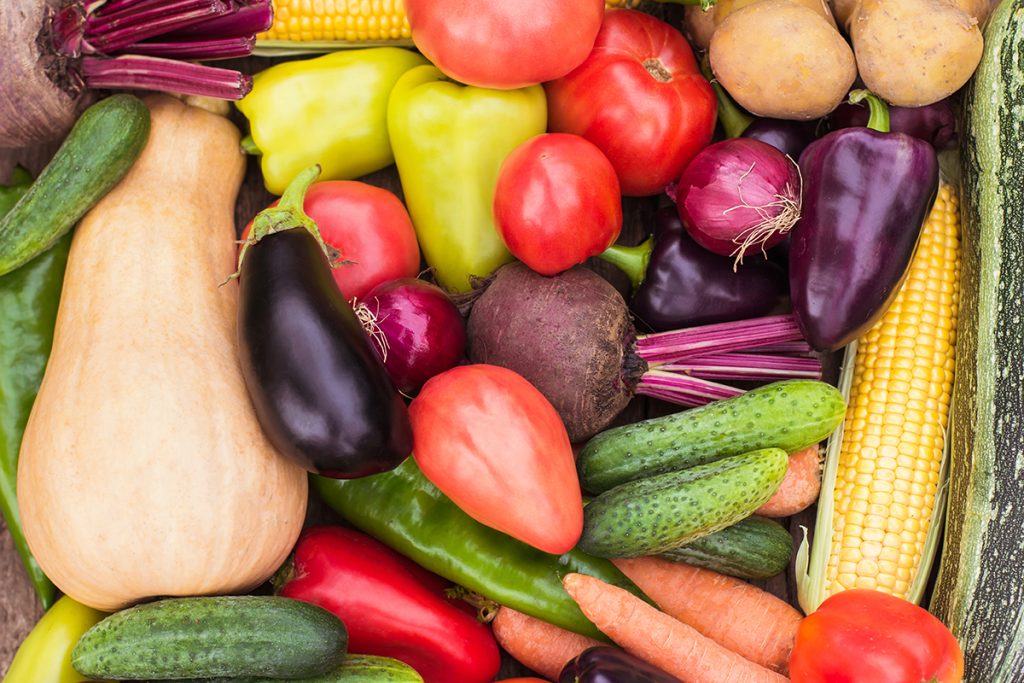
Why should you consider incorporating veggies into your weight loss plan?
Numerous studies indicate that individuals who consume ample vegetables typically have lower body weights compared to those who don’t. Apart from providing a substantial and fulfilling amount of food, vegetables can also serve as a replacement for higher-calorie foods.
A comprehensive review of studies published in Nutrients revealed that increasing vegetable intake resulted in gradual weight reduction over time. Furthermore, a meta-analysis from 2019, published in Advances in Nutrition, concluded that individuals who included more vegetables in their diet were 22% less likely to experience long-term weight gain (with some studies spanning up to 12 years). Those who consumed approximately three to four servings (equivalent to 200 to 300 grams) of vegetables daily had the lowest risk of overweight and obesity.
The role of fiber in vegetables in promoting weight loss can be understood through several mechanisms. Fiber, being a non-digestible nutrient, adds volume to your meals, creating a sense of fullness without contributing any calories. Additionally, as per a review published in Critical Reviews in Food Science and Nutrition, fiber moves slowly through your digestive tract, triggering the release of satiety hormones like GLP-1 and PYY, leading to an extended feeling of satisfaction after a meal. Furthermore, the fiber in vegetables elicits a gradual and moderated insulin response, thereby stabilizing your appetite.
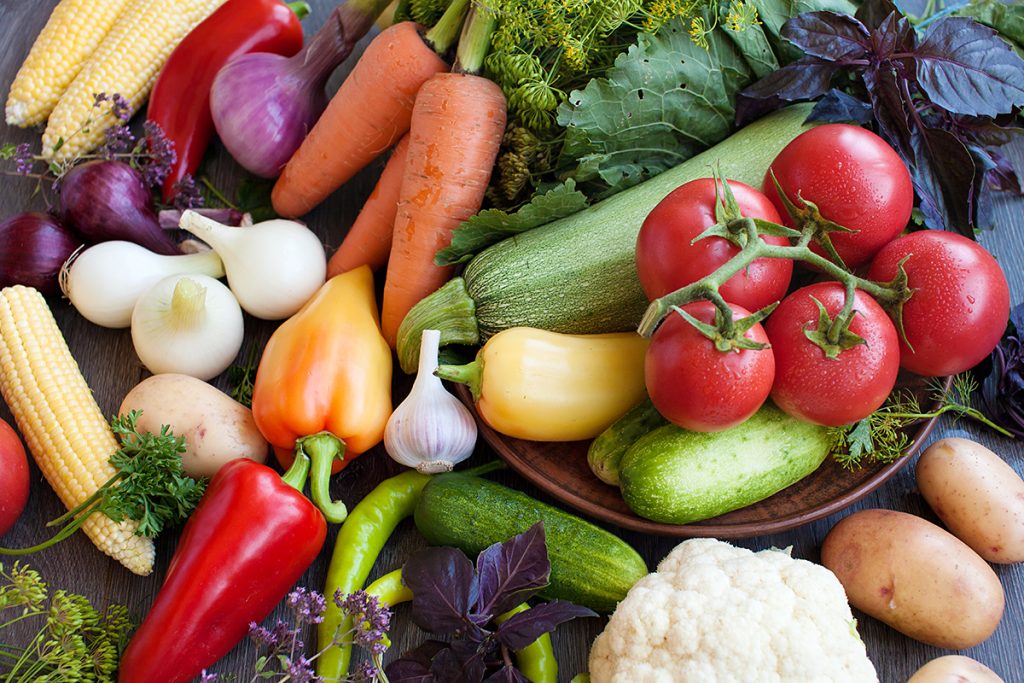
Indulge in the vegetables you genuinely enjoy!
Since virtually every vegetable offers its unique merits, opt for the ones that bring you pleasure. If you happen to prefer your veggies with a touch of butter, creamy sauce, cheese, dressing, or other not-so-healthy fats, consider this as a green light to include them.
Yes, you read that right. Adding a moderate amount of fat to your veggies can wonderfully enhance or complement their flavor. Take, for instance, these garlic-butter cauliflower bites—they wouldn’t be nearly as delightful without the inclusion of butter, olive oil, and Parmesan cheese. Remember, successful weight loss hinges on maintaining healthy eating habits for the long run, and the last thing anyone desires is to be stuck eating bland vegetables forever!
Furthermore, there is substantial evidence suggesting that the advantages of consuming more vegetables far outweigh any potential negative effects of adding a little butter or cheese. Surprisingly, including a source of fat can actually aid in the absorption of essential vitamins found in vegetables, such as vitamins A, E, C, and K.
Additionally, it is natural for individuals to prioritize taste over healthiness when making food choices. An intervention study involving 130,000 college students, published in Psychological Science, revealed that labeling vegetable dishes with a focus on flavor rather than health increased the amount of vegetables chosen by 29%.
A simple shift in mindset from “I must eat vegetables because they are good for me” to “these veggies are delicious” could make you more inclined to enjoy and consume them.
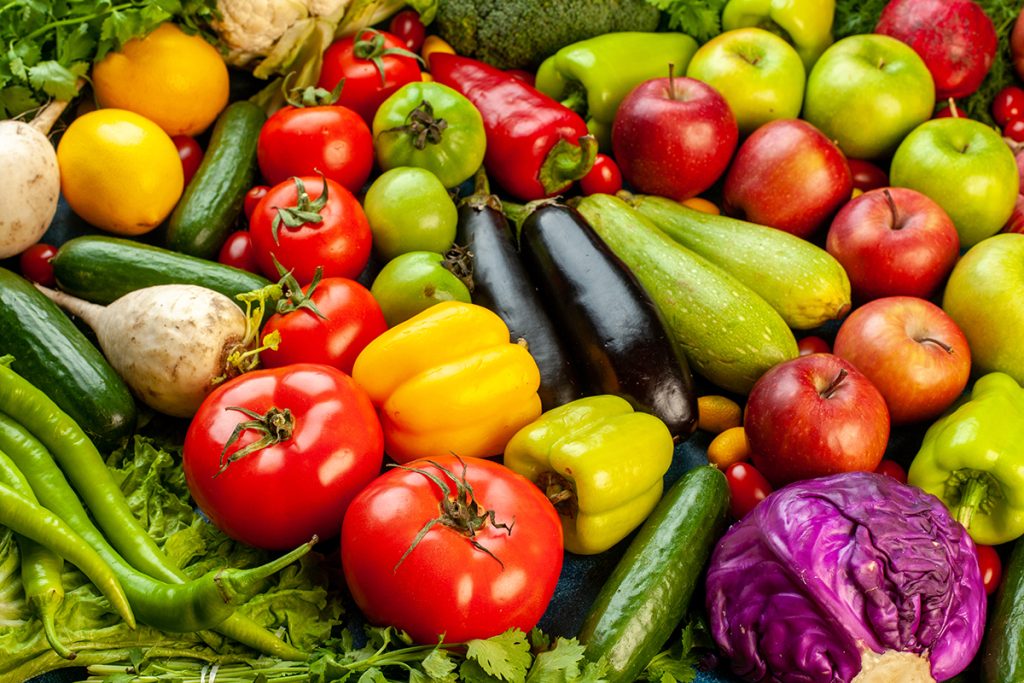
What is the #1 vegetable for weight loss conclusion
To achieve your weight-loss objectives and enhance your overall health, the most effective vegetable is the one you genuinely enjoy eating. Incorporating vegetables to fill at least half of your plate is a valuable strategy for weight loss, and embracing a diverse selection of vegetables can make this approach more appealing and sustainable. Don’t hesitate to add a bit of butter or ranch dressing to your veggies to make them even more delightful and enjoyable!



